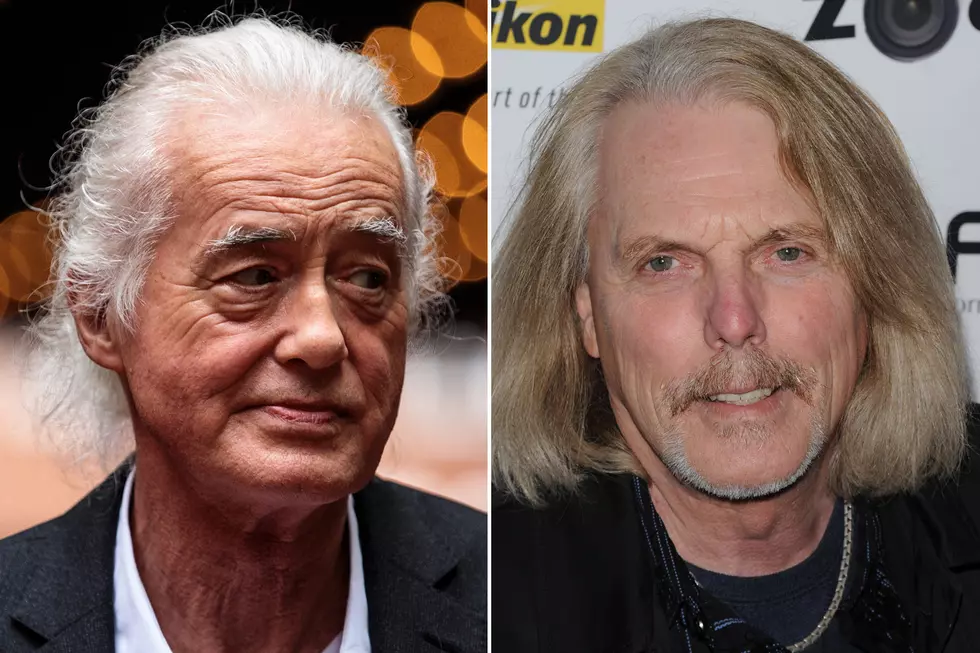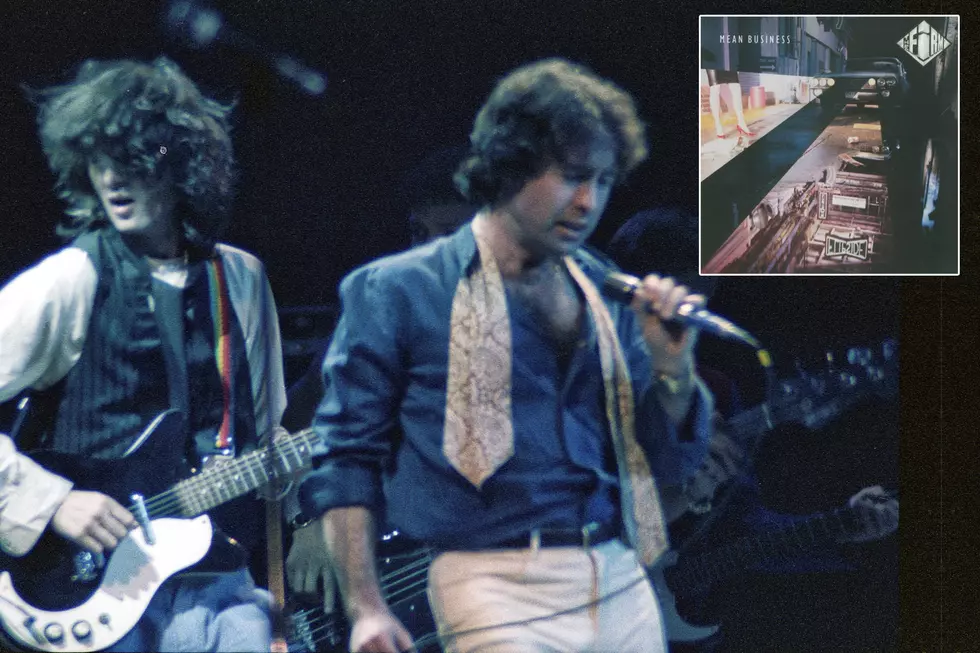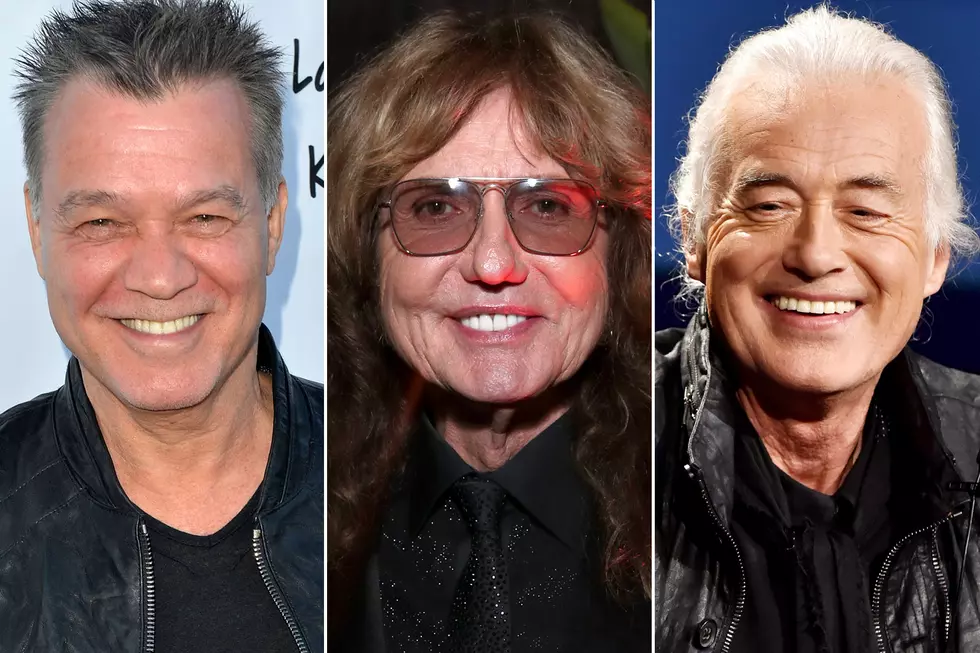
How Jimmy Page Helped Scott Gorham Get Off Heroin
Thin Lizzy guitarist Scott Gorham is praising Led Zeppelin counterpart Jimmy Page for helping him beat heroin in 1983.
The drug had already taken a toll on Thin Lizzy, who soon broke up, and would cause frontman Phil Lynott’s death three years later.
“We were pretty much joined at the hip for 10 years,” Gorham said of Lynott in an interview with Classic Rock. “We did everything together – just messing around on stage, always joking together. He’d always turn around and give me that devilish smile. We were drug buddies, but the fun went out when the heroin came in.
“For quite a while we tried to keep it secret – then it became obvious," Gorham added. "There just weren’t enough dead rock stars around yet to make it feel too dangerous to do. Before you know it, you’re spiraling out of control. It was a terrible time.”
He remembered a moment that changed his attitude: “I was having another argument with my wife, Christine. I’m like: ‘What’s the problem? Nobody knows I’m doing it anyway,'" Gorham said. "It was the look she gave me – incredulous. She said: ‘Everybody knows!’ That did it. I realized this brown powder was ruling my life, and that really depressed me.”
Gorham's spouse discovered an electrotherapy treatment developed by surgeon Margaret Patterson, which Gorham said had earlier helped Pete Townshend and Eric Clapton. “I was at a function, and Jimmy Page was there and he dragged me off the sofa and said: ‘So you gonna call Dr. Patterson?'" Gorham said. "So I went to see the doctor, and within 10 days I was off of heroin.”
That wasn’t the end of his battle, though. “Physically I was okay, but it took me maybe two years for the mental side,” Gorham admitted. “I didn’t even want to go to a gig. I didn’t trust myself. So, I lost myself, didn’t associate with anybody for two years. I went off to America and started recording with my brother and in-laws to get me back playing guitar somehow.”
Thin Lizzy Albums Ranked
More From KLTD-FM










